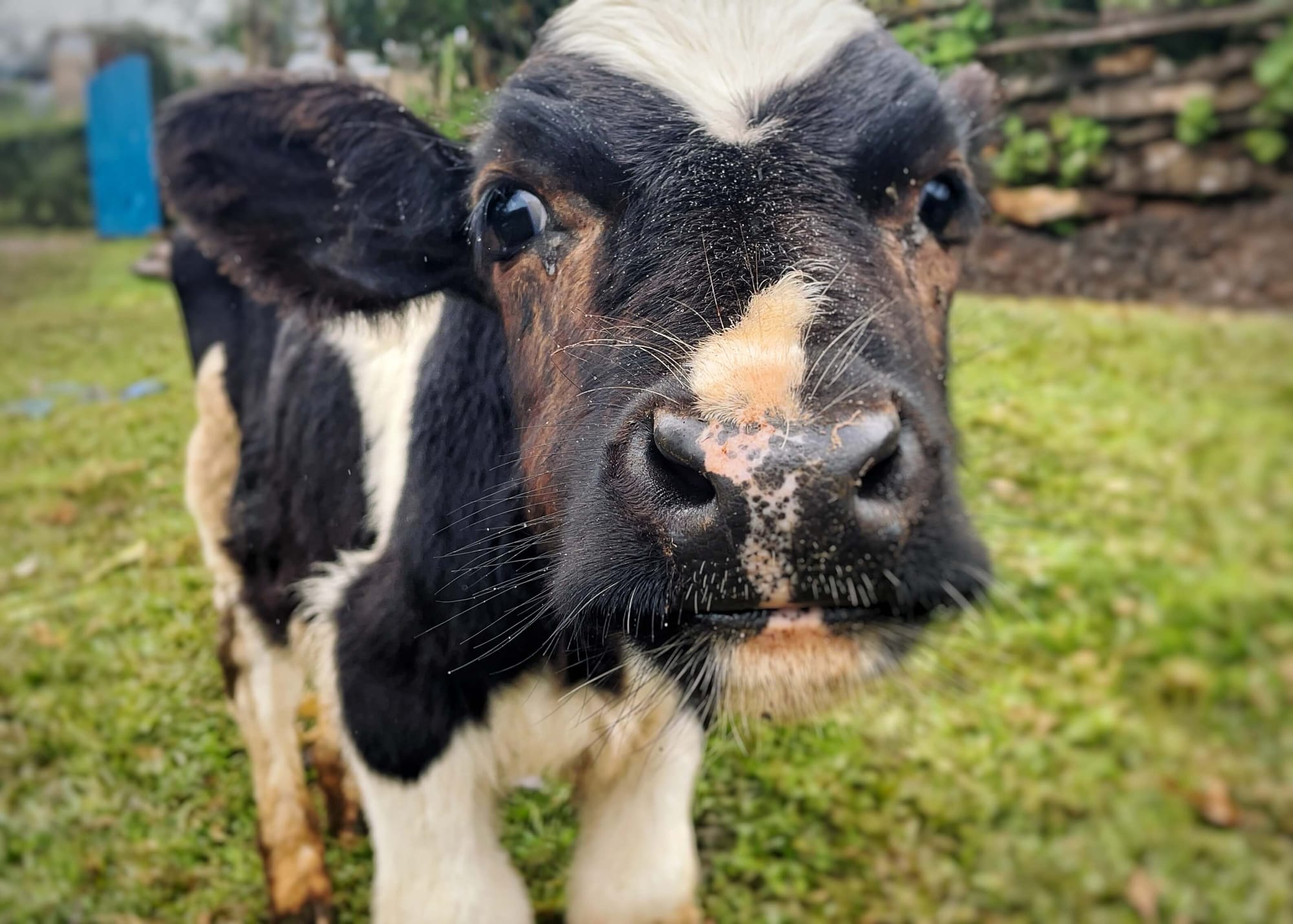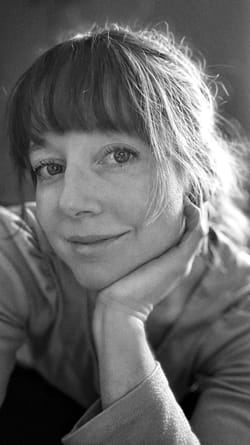“Do your parents worry about you staying in random people’s houses?” he asked me over dinner.
I spent much of last year pet-sitting across the U.S. while I wrote my memoir. He and his wife had just picked me up at the airport and taken me out to dinner. They would leave on their vacation the next morning.
“Well,” I replied with a smile, “I backpacked Africa alone, so I think that this doesn’t even register on their list of concerns.”
One day in Uganda, I hitchhiked. Three different vehicles took me three different legs of the journey. Funny story about the windows in this one. "Baboons," he said, "trying to get to some food left in the truck."
He laughed. They were curious about my time in Africa. He asked if I had any fear before going, or while I was there. He mentioned that he would be too afraid to do something like that.
His reaction was familiar. I can’t even begin to count the number of people who – upon hearing that I would be or was in the process of or did backpack Africa solo – called me “brave.” The word was bestowed upon me like a badge of honor, but it wasn’t one I wanted to wear. I didn’t feel brave.
I didn’t feel fear. I wasn’t even sure that fear was warranted.
Merriam-Webster offers the following definition of bravery:
And courage:
I suppose, reflecting on my time in Africa, that by those definitions I was brave and courageous. I faced difficulty and persevered when things got tough.
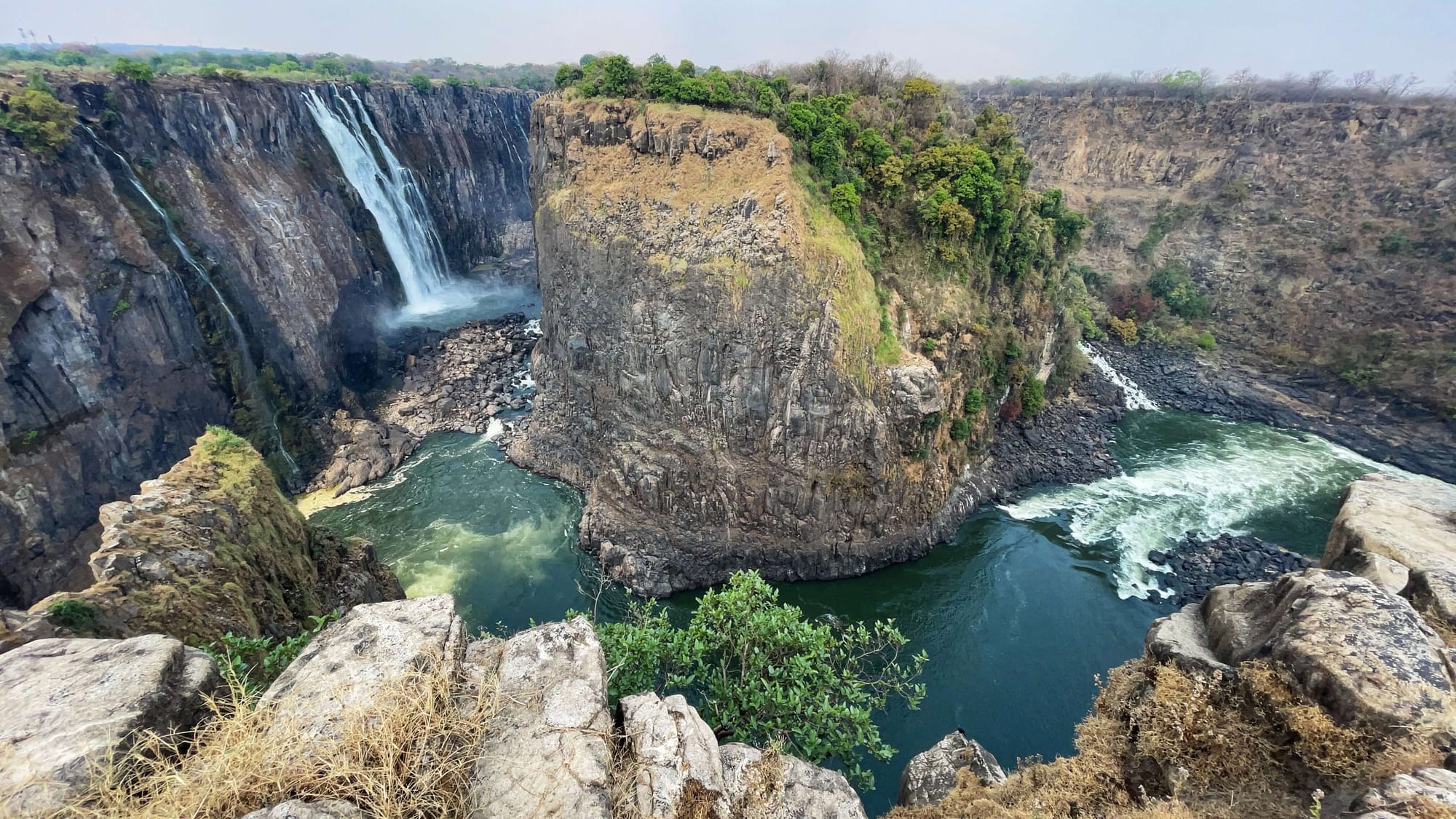
But I have a feeling that most people told me I was brave from a place of fear. And that is the piece of the definition I resisted.
Fear of the unknown is totally irrational. The chance that what we do not know is bad is equal to the chance that what we do not know is good. When we succumb to fear of the unknown, we have convinced ourselves that a coin toss can only end in tails.
Fear of the unknown silences the voice of hope.
The unknown could be incredible! The unknown could be better than your wildest dreams! The unknown could be friendly and welcoming and kind – and yet we fear it. We imagine the worst. And then we never experience the things we do not know. Why toss the coin at all, when you already know the outcome?
We make our world smaller and more dangerous when we fear the unknown. We contribute to racism and discrimination when we fear the unknown. We become less human when we fear the unknown. We put labels on ourselves – young, white, het, cis female – and then anyone who does not fit those categories becomes "the unknown" and therefore a possible threat.
Where is the humanity in that? Where is the faith, the trust, the possibility, the joy, the peace, the community and the love?
When we move through the world afraid of others, we're centering ourselves in a shared human experience, and telling ourselves a story about the world that isn't true. So you are afraid of others... what about them? Are they afraid of you? Should they be? And if not... then why should you be afraid of them?
This boils down to a worldview that I practice *️⃣, even when people "do me wrong," even when I mess up and beat myself up for it.
Everyone is just doing the best that they can.
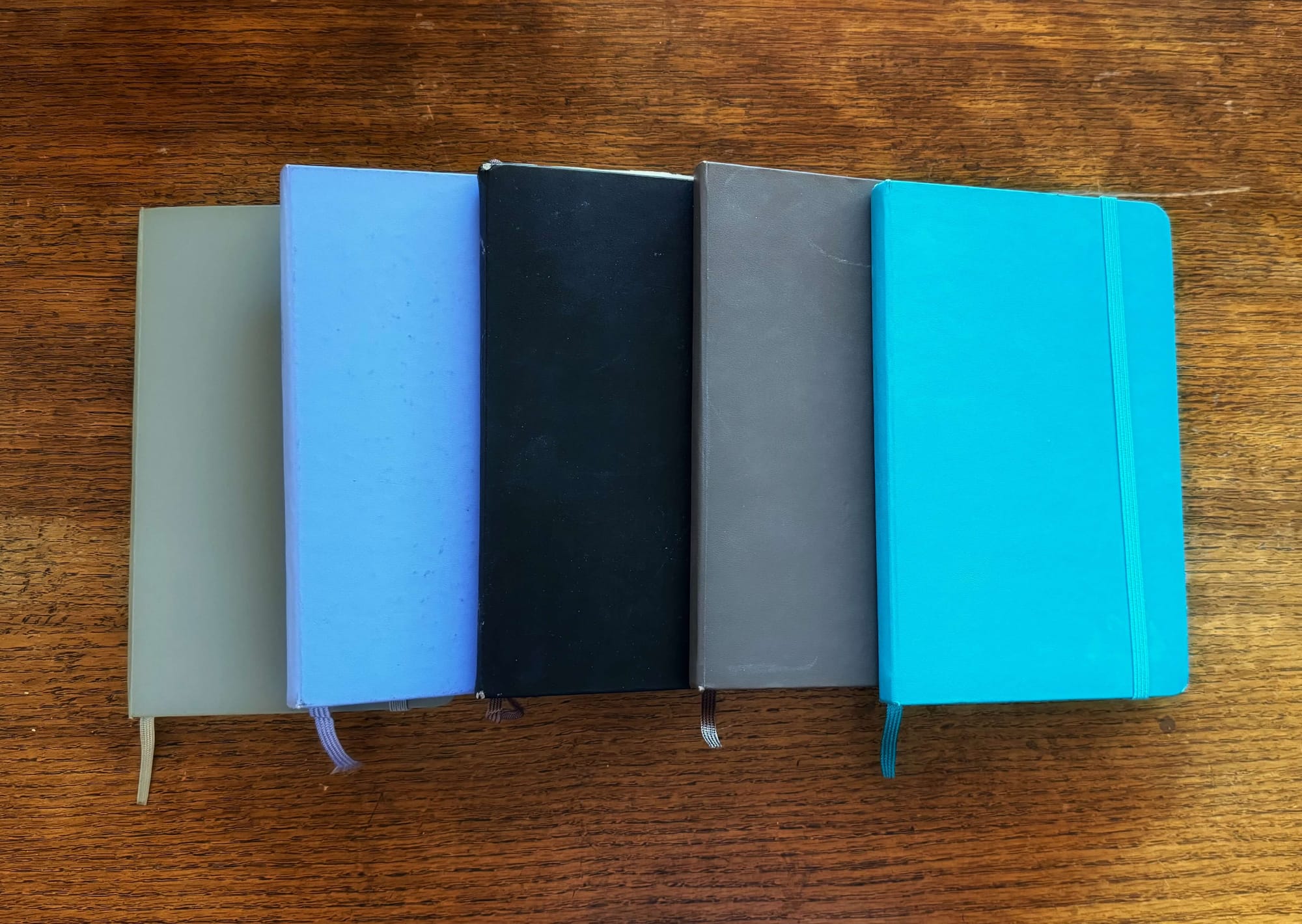
Every Newsletter Starts with Pen and Paper
Consider supporting this publication with a one-time contribution.
Buy Me a Moleskine™I don't fundamentally believe that most people wake up in the morning and set out to do bad things. I think well-intentioned people sometimes make the best decisions that they can, that have unintentional bad outcomes, on themselves and those around them. I say most here. There are, of course, a small percentage of people who set out to do harm, whose faces you see on the news. Statistically speaking, this is not most people. In fact, statistically speaking, it's not even a coin toss.
The same people who called me brave might read this and call me naive. But there's something to be said for the fact that I am a woman traveling alone in remote parts of the world and nothing bad has ever happened to me. Well, bad things have happened to me, but I'm still alive. And good things have happened to me too.
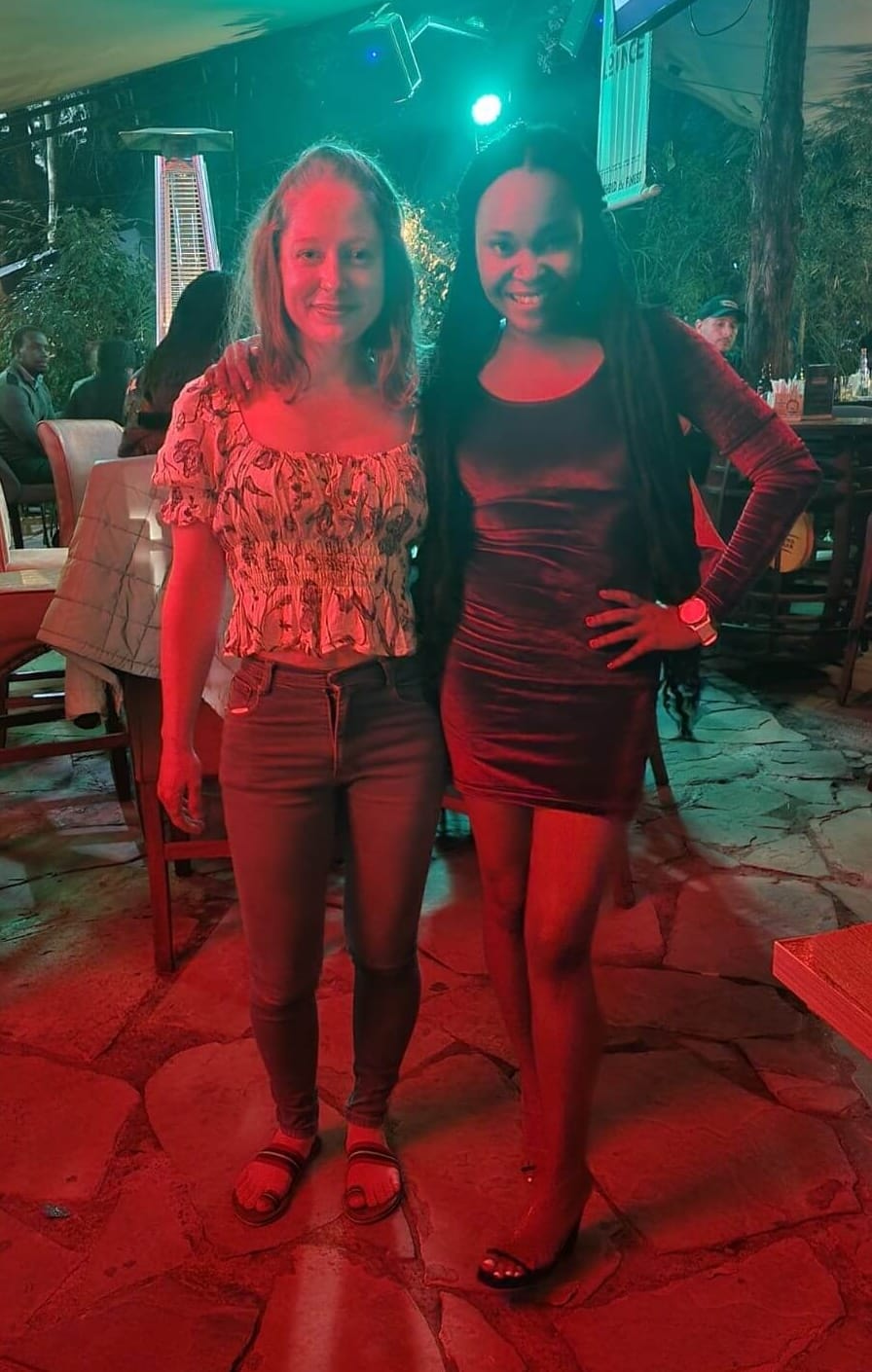
Here are three principles I follow to keep my fear in check while not being naive:
- Listen to your fear but do not enslave yourself to it. Write it down, say it out loud, whatever you must do to tell your brain, I hear your fear. Thank you for your contribution to keeping us safe.
- Consider that there is an equally possible alternate reality that is good. Write it down, say it out loud, whatever you must do to change the channel that your brain is stuck on. Yes, brain, we can watch the news. We can also watch Animal Planet.
- Now that you've exposed yourself to both possibilities, make a decision about how to proceed from your intuition.
I don't know about you, but I live on Animal Planet.
I used to live in the news – it literally was my job – but the news fixates on the 1%. And you know what, I'd rather lose my mind over watching an ostrich mate than watch other people lose their minds about annexing Canada, or Greenland, or the Panama Canal, or whoever and whatever it is today, tomorrow, and the next.
I'm not the only one losing my mind...
I backpacked Africa with openness but also with caution and awareness. There were instances, of course, where I felt taken advantage of, and where I felt a lack of generosity and hospitality and assistance when I was struggling. There were also experiences, of course, of generosity and hospitality and assistance when I was struggling. There was everything.
At no point did I feel that the people around me wanted to do me harm. Not to say that there aren’t people who want to harm other people. But my experience was that there were no more of those people in Africa than there were in the U.S. (And frankly, I'd like to say that there were fewer, but I'm going to check my media bias here, because sometimes I think that's just the way it seems on the news.)
Humanity is, fundamentally, kind. Humankind. ✳️
When we stop treating each other as humans and start inventing labels to segregate us into groups, that’s when we create the conditions for individualism and survivalism instead of cooperation and community.
Fearing humans we do not know is literally fearing an unknown we made up. Take it from someone who has traveled the world and met humans of all makes and models. We know other humans. They're just like us.
No one is certain where the first use of the term "human being" occurred. Generally, a "being" is something that exists in the universe; "human" is an adjective to describe a particular kind of being.
"Being" is a verb turned into a noun. "Be" as a state of existence and "ing" as change over time. In some Native American languages, the verb places everything that exists in a state of being. "We are being human," is how it would translate, not "We are human." English verb conjugation expresses a state of permanence and unchangedness, which actually is not fundamentally true. And language shapes our thought patterns... but that's a post for another time.
"Kind" means of a certain sort or variety, humans are a "kind" of being. Humankind also comes from "kin" as in, human family. Kind as in gentle, helpful and sympathetic is another meaning altogether, which may have evolved as an expression of how you treat your kin.
In any case, the idea of kind as belonging, and kind as helpfulness and sympathy among members of a group is interesting to me. We are not merely human beings, we are humankind, capable of selfless action for the good of those like us.
Sources: Online Etymology Dictionary | Merriam-Webster

